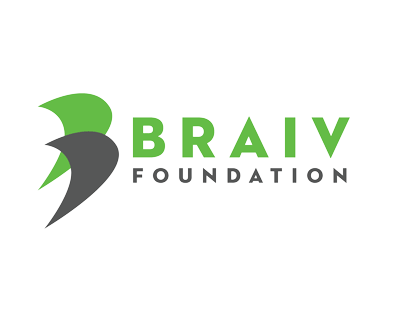In a recent breakthrough in brain cancer research, a study conducted by researchers at the University of Pennsylvania introduced a dual-target CAR T cell therapy designed to treat recurrent glioblastoma, an aggressive type of brain tumor. This innovative therapy targets two specific tumor-associated proteins and is delivered directly into the cerebrospinal fluid, enabling more effective targeting of brain tumors than previous methods.
Early trial results have shown promising outcomes, with significant tumor reduction observed in MRI scans of patients post-treatment. This development is particularly exciting because glioblastoma is notoriously difficult to treat due to its aggressive nature and the complex environment of the brain. The therapy’s ability to shrink tumors in this context not only represents a significant step forward in treating this type of cancer but also opens potential new avenues for the application of similar strategies in other hard-to-treat cancers.
The excitement around this breakthrough is largely due to its implications for improving survival and quality of life for patients with glioblastoma. Traditional treatments have limited effectiveness and often come with severe side effects, whereas this new approach promises a more targeted and potentially less harmful method of treatment. It’s a beacon of hope in the field of oncology, representing the kind of innovative thinking that can lead to more effective and compassionate treatments for cancer patients.
For more in-depth information on this groundbreaking study, you can access the original article here: https://www.pennmedicine.org/news/news-releases/2024/march/dual-target-cell-therapy-appears-to-shrink-brain-tumors



